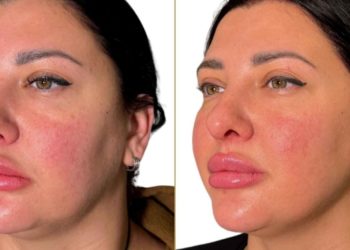If you have ever led in bed at night unable to get to sleep, it is highly likely that you will have failed to undertake a relaxing pre-bedtime routine.
Generally speaking, adults should get between seven to nine hours sleep per night to ensure they can function properly and avoid the onset of numerous health conditions.
Recent research by Betway Insider has highlighted the importance of the activities you engage in during the 30 minutes before you go to sleep.
Meditating for half an hour before sleep was found to be the activity that delivered the best quality sleep for the participants involved in the study.
By contrast, people who spent their time watching the news or true crime on television before bedtime suffered significant disruption to their sleep.
Getting the requisite amount of sleep each night plays an integral role in both our physical health and mental wellbeing.
That point is hammered home by respected neuroscientist Matthew Walker, who has spent most of his career studying the impact that sleep deprivation can have on people.
In his international best-selling book Why We Sleep, Walker highlighted the various elements which are controlled and managed during our resting hours.
“Downstairs in the body, sleep restocks the armoury of our immune system, helping fight malignancy, preventing infection and warding off all manner of sickness,” Walker wrote.
“Sleep reforms the body’s metabolic state by fine-tuning the balance of insulin and circulating glucose.
“Sleep further regulates our appetite, helping control body weight through healthy food selection rather than rash impulsivity.
“Plentiful sleep maintains a flourishing microbiome within your gut from which we know so much of our nutritional health begins.
“Adequate sleep is intimately tied to the fitness of our cardiovascular system, lowering blood pressure while keeping our hearts in fine condition.”
One of the most worrying aspects surrounding sleep deficit is the role it can play in the onset of health conditions such as Alzheimer’s Disease.
In an expansive study into sleep deprivation, researchers at Harvard Medical School found that people who slept fewer than five hours per night were twice as likely to develop dementia.
Numerous other studies have backed up those findings, with many claiming that a lack of sleep during middle age places people most at risk.
However, by increasing the amount of sleep to recommended levels, people in their 40s and 50s can significantly reduce their chances of dementia striking.
Walker’s own research found that making changes to sleep later in life can also be beneficial, particularly with regards to performing memory-related tasks.
“Older adults with the greatest loss of deep sleep showed the most catastrophic overnight forgetting,” Walker added.
“Poor memory and poor sleep in old age are therefore not coincidental, but rather significantly interrelated.
“The findings helped us shed new light on the forgetfulness that is all too common in the elderly, such as difficulty remembering people’s names or memorising upcoming hospital appointments.”


![7 Best POS Software in the UK [2026 Edition]](https://todaynews.co.uk/wp-content/uploads/2026/02/7-Best-POS-Software-in-the-UK-2026-Edition-360x180.png)








































































